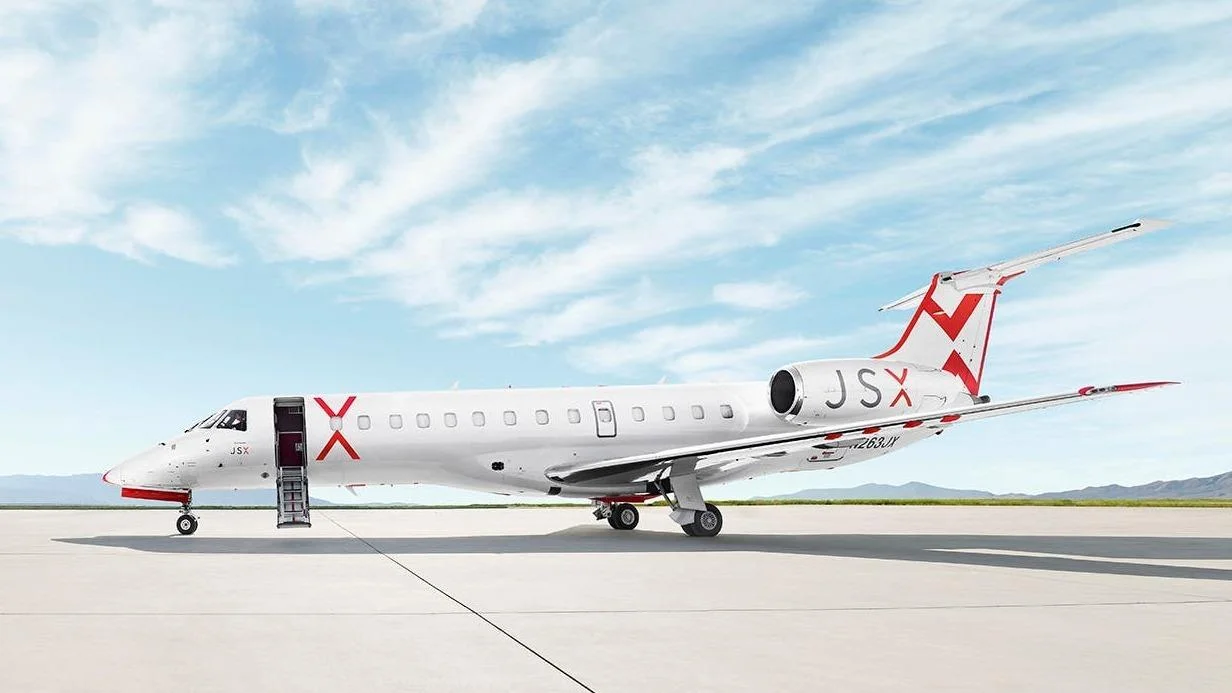Digitalization also supports engine health monitoring systems and the use of digital twins, which replicate engine systems and data for testing and analysis before real-life implementation.
Pratt & Whitney has embraced Industry 4.0 technologies, including digital twins and cobots—collaborative robots combining human and machine efforts—to improve production efficiencies. Gilbert Sim, Pratt & Whitney’s director of aftermarket global operations technology and CORE (customer-oriented results and excellence), described how these technologies streamline processes previously reliant on labor-intensive methods.
For instance, automated inspection systems standardize engine pre-induction photos taken from various angles by technicians. This automation reduces variability in photo quality, enhancing consistency in inspections.
Pratt & Whitney’s Singapore Technology Accelerator (STA) has introduced over 30 innovations aimed at maximizing MRO productivity through automation, advanced inspections, connected factories, and digital twins.
Alitheon has developed an AI system to identify counterfeit aerospace parts by detecting minute differences using standard cameras. CEO Roei Ganzarski explained that this method challenges traditional paperwork-based verification processes prone to forgery.
Bombardier utilizes AI-enabled parts tracking for inventory forecasting—a crucial capability amid supply chain disruptions caused by Covid-19. The company’s Smart Link Plus program offers real-time aircraft data transmission for maintenance recommendations via an app accessible worldwide.
GE Aerospace employs AI for advanced image analytics to predict component lifespan based on captured images. Chief manufacturing engineer Nicole Tibbets highlighted virtual reality technology's role in accelerating standardized training across global maintenance crews.
StandardAero prepares to implement augmented reality (AR) glasses for enhanced training visualization during maintenance activities. Director of operations Jamie Gardner explained how AR facilitates real-time projection of procedures onto screens or mobile devices for better trainee understanding.
In summary, technological advancements such as AI, digital twins, cobots, AR glasses, and image analytics are transforming the aviation MRO sector by improving efficiency, safety standards, and training methodologies.
 Alerts Sign-up
Alerts Sign-up




































